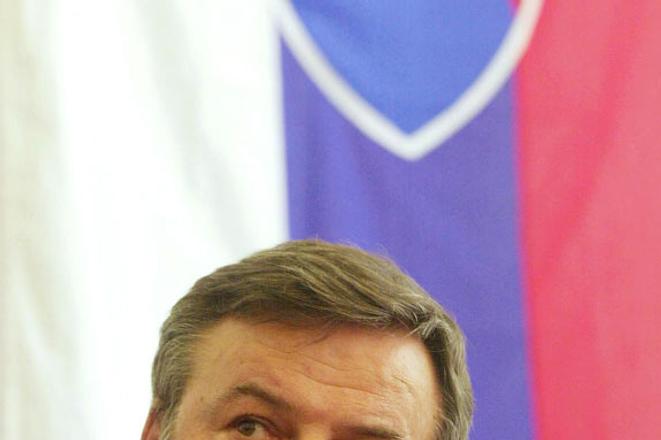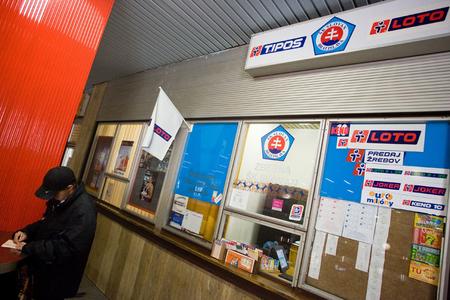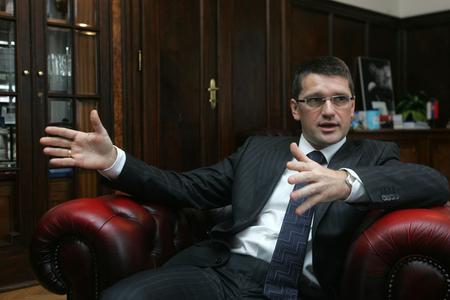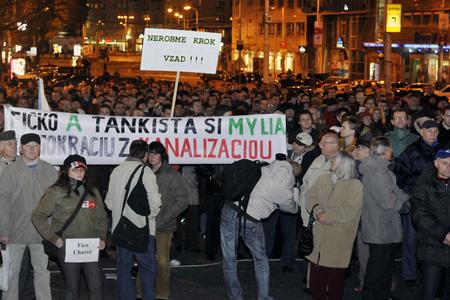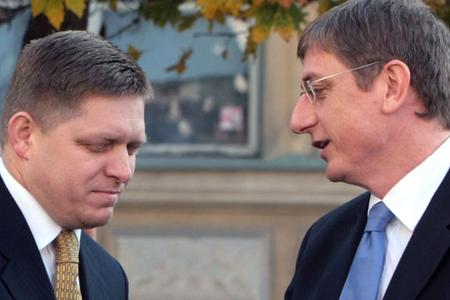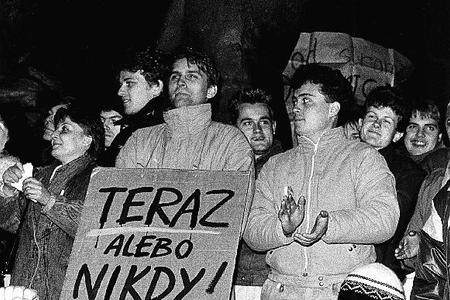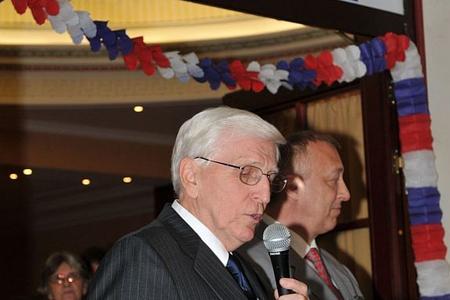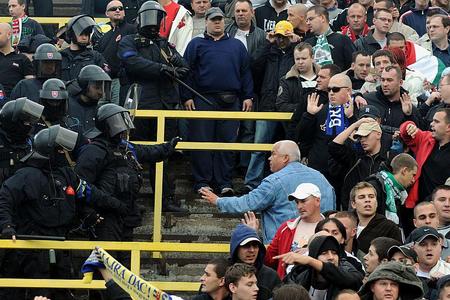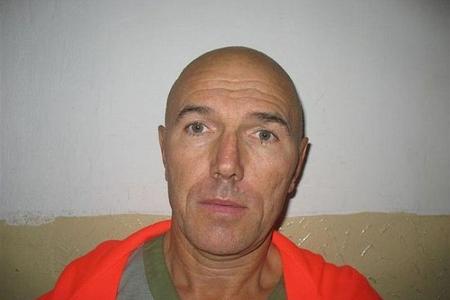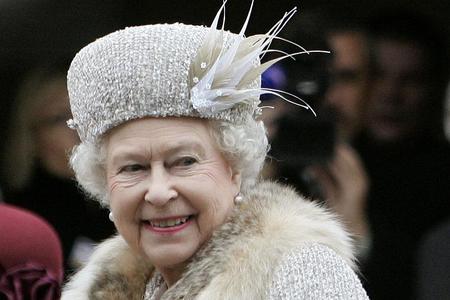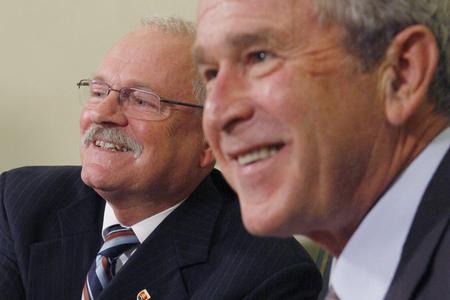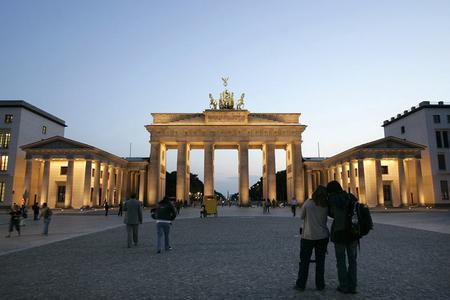- Bože môj: In search of my Rusyn self
- News digest: President shuts down referendum push on Russia sanctions Video
- Top 10 events in Bratislava for foreigners
- Unique ritual dance proposed for intangible heritage list Photo
- Is Slovakia the next Hungary? MEPs raise alarm over democratic backsliding
- They made it to Glastonbury once. Now they’re going back for more
- Jordanian runs Lebanese restaurant in Bratislava: Slovaks welcomed me better than Austrians
- How to spend 48 hours in Bratislava
- Bože môj: In search of my Rusyn self
- Bratislava Region simplifies transport zones, raises fares
- Slovakia ends November 17 public holiday amid fiscal pressures
- Neo-Nazi gang in Bratislava plotted armed attack and called their leader ‘Mr Führer’, court documents reveal
- News digest: President shuts down referendum push on Russia sanctions Video
- Who can still afford a home in Slovakia? Mostly couples with two incomes
- News digest: Pellegrini’s defence spending pitch falls flat
- Is Slovakia the next Hungary? MEPs raise alarm over democratic backsliding
- Last Week: Central bank governor found guilty, but Fico accuses the judge
- Bože môj: In search of my Rusyn self
- Irish outlet hails Slovak spa town as top European holiday spot
- Slovakia’s secret weapon is living abroad
- The hidden costs of Slovakia’s complicated tax system
- Bratislava Region simplifies transport zones, raises fares
- Neo-Nazi gang in Bratislava plotted armed attack and called their leader ‘Mr Führer’, court documents reveal
- Slovakia ends November 17 public holiday amid fiscal pressures
- Irish outlet hails Slovak spa town as top European holiday spot
- After years of straddling two worlds, this American is now reconnecting with his Slovak roots
- Man appeals for help finding strangers who saved his life
- Slovak physicist: I do not employ doctoral students; I make them go abroad. I expect them to push us forward
- Where can vegetarians and gluten-free diners eat out in Bratislava?
- Slovakia’s secret weapon is living abroad
- Why a British teacher chose Slovakia as home Audio
- Last Week: Central bank governor found guilty, but Fico accuses the judge
- News digest: President shuts down referendum push on Russia sanctions Video
- They made it to Glastonbury once. Now they’re going back for more
- Slovaks use social media more than Czechs – but with less caution
- Unique ritual dance proposed for intangible heritage list Photo
- Jordanian runs Lebanese restaurant in Bratislava: Slovaks welcomed me better than Austrians
- Top 10 events in Bratislava for foreigners
- Is Slovakia the next Hungary? MEPs raise alarm over democratic backsliding
- How to spend 48 hours in Bratislava More articles ›

